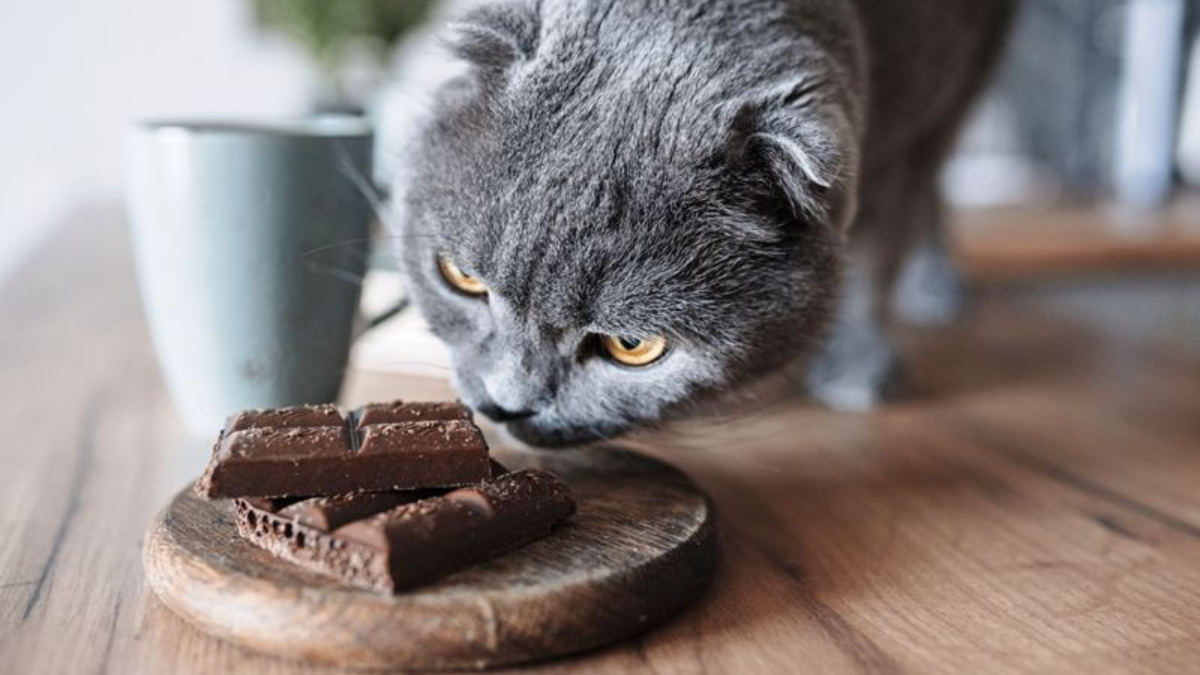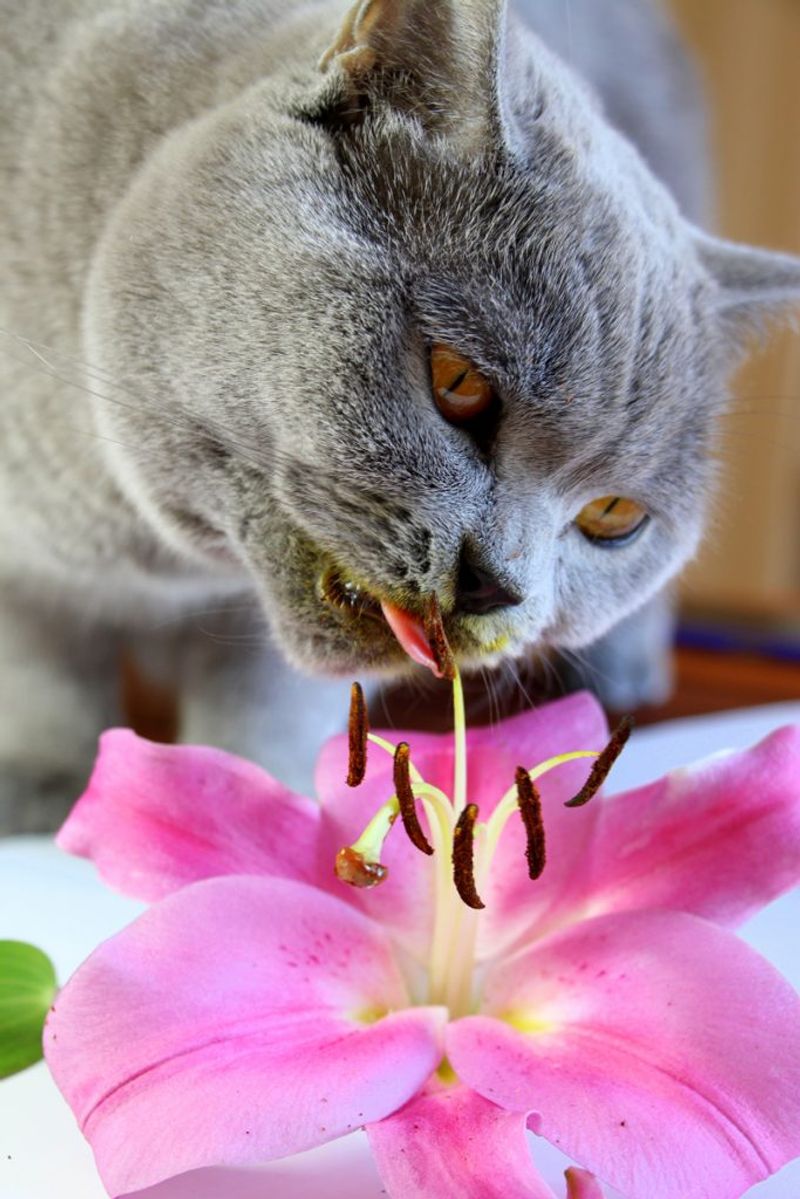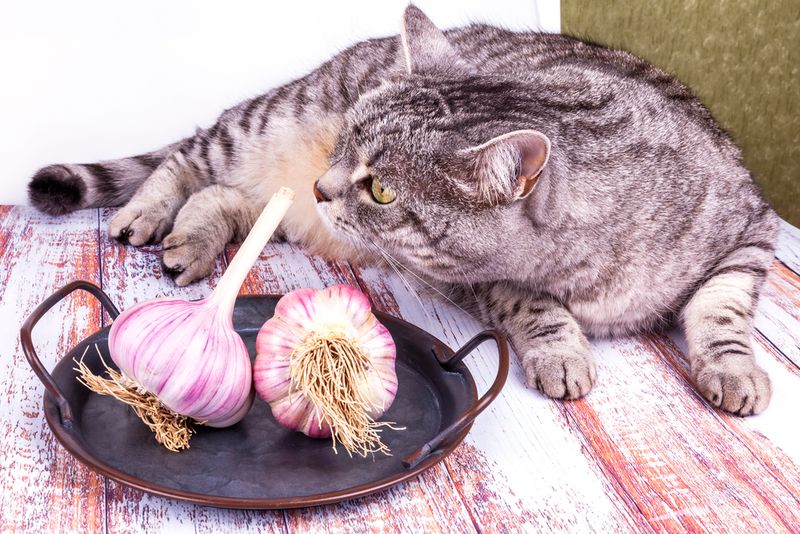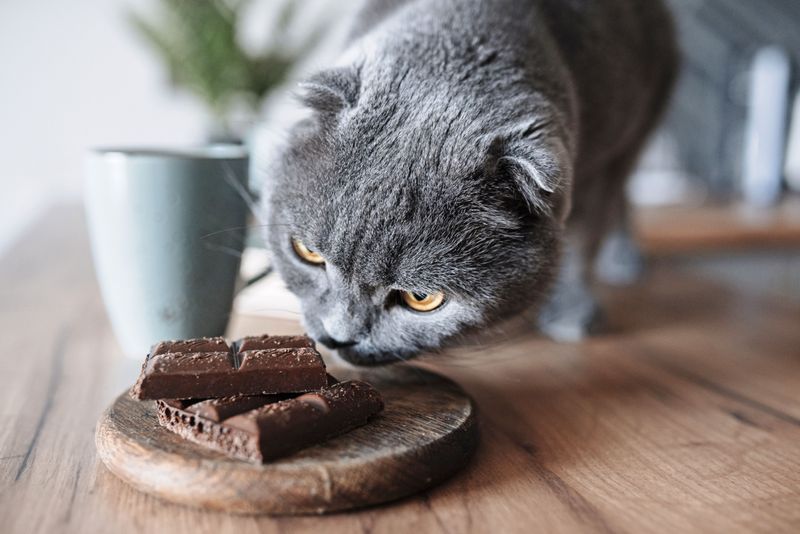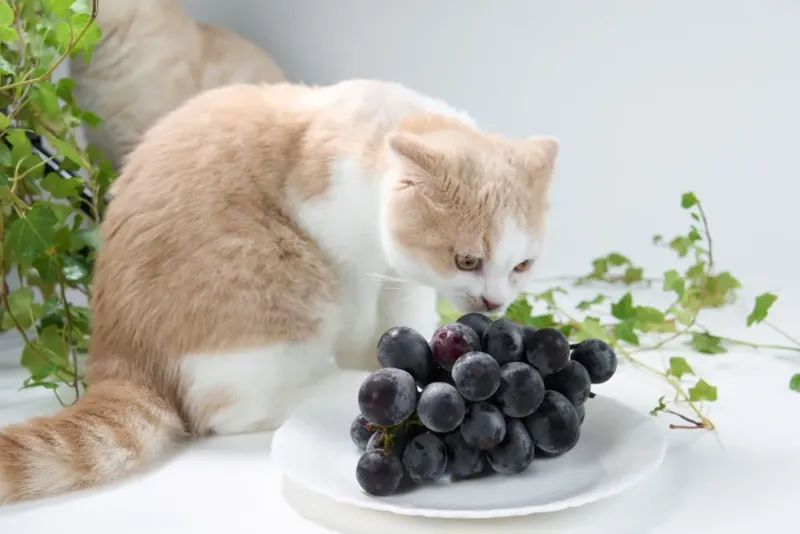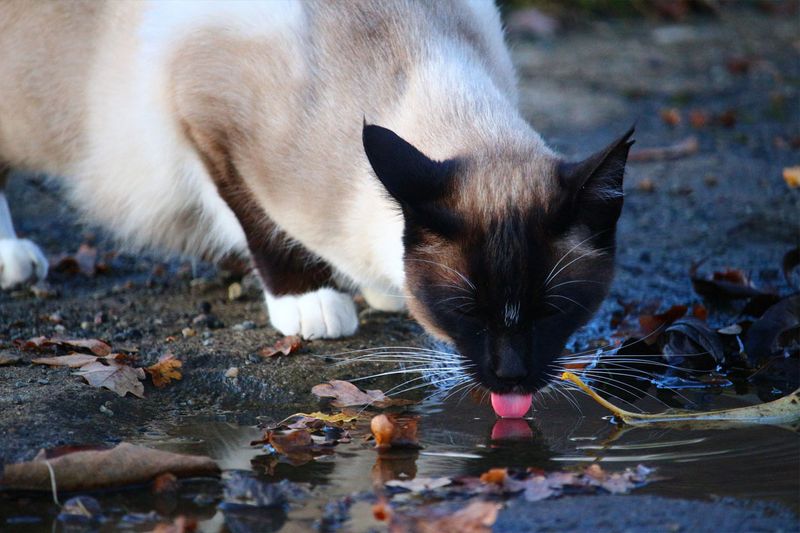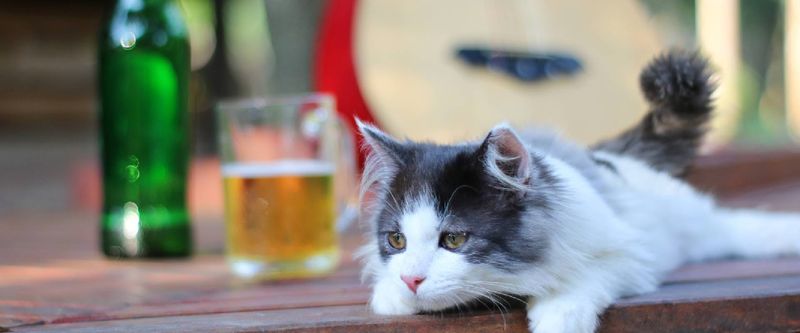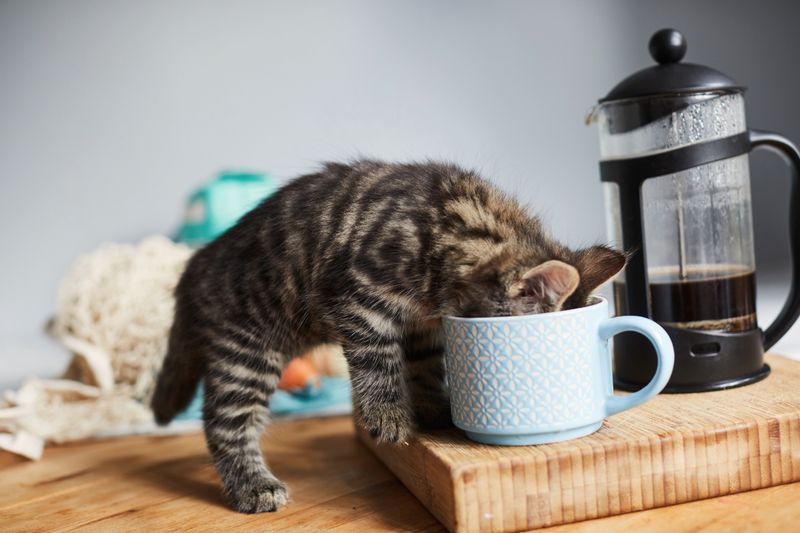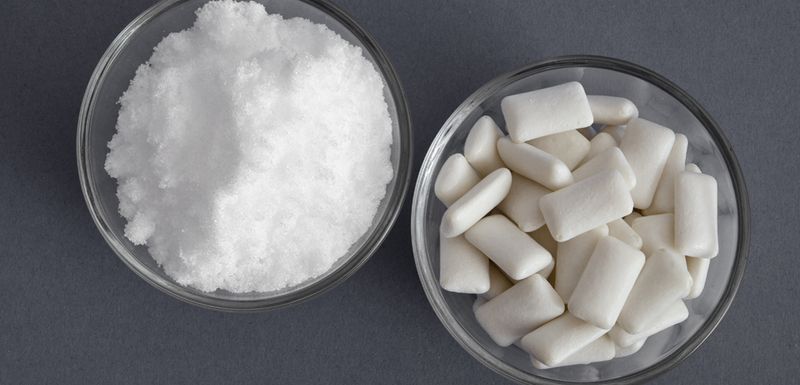📖 Table of Content:
Cats are known for their curious nature, often getting into things that might seem harmless at first. Their playful exploration can sometimes lead them to trouble, especially when it comes to items found around the house. Although these everyday objects may seem innocent, they can pose serious health risks if ingested by your feline friend.
Even the most well-meaning cat owners can unknowingly leave dangerous items within reach. Cats have a tendency to chew on or swallow things that aren’t meant for consumption, putting their health in jeopardy. It’s essential to understand which common household objects can be harmful to prevent potential accidents.
By staying informed about the risks in your home, you can create a safer environment for your cat. Recognizing the hazards and taking simple precautions can help protect your furry companion from serious harm. Keep an eye out for these everyday items that could endanger your cat’s health.
1. Lilies
Adored for their beauty, lilies are perilous for cats. The entire plant, from petals to pollen, can trigger kidney failure. A curious sniff or playful nibble might lead to severe health issues. Cats are often drawn to their alluring scent, unaware of the danger.
Immediate veterinary attention is vital if ingestion is suspected. Keep these flowers out of reach to protect your feline friend. It’s hard to resist their charm, but safety must come first.
2. Onions and Garlic
Kitchen staples in many homes, onions and garlic, are toxic to cats. Ingestion can lead to anemia by destroying red blood cells. Even small amounts can be harmful. Cats might encounter them in cooked meals or raw form. Always store them securely to prevent accidental ingestion.
Be cautious about leaving them unattended. If your cat shows unusual lethargy or pale gums, contact your vet immediately. Their savory aroma is enticing but poses hidden dangers.
3. Chocolate
Though a delightful treat for humans, chocolate is highly toxic to cats. The theobromine and caffeine present can cause serious health issues. Cats are less likely to seek out chocolate, but accidental ingestion can occur. Symptoms include vomiting, seizures, and even heart failure.
Keep chocolate and related products out of your pet’s reach to ensure safety. Always educate guests about the risks. A simple oversight can lead to a dangerous situation.
4. Household Cleaners
With their strong chemicals, household cleaners pose a significant risk to cats. Products like bleach, detergents, and disinfectants can cause respiratory issues and chemical burns. Cats might ingest cleaners from surfaces or open containers. Always store these products in secure cabinets.
Ensure all surfaces are dry before allowing your cat near them. The smell might be enticing, but the consequences are severe. Protect your pet with proper storage habits.
5. Grapes and Raisins
Often considered healthy snacks, grapes and raisins are toxic to cats. Ingestion can lead to kidney failure, with symptoms like vomiting and lethargy. Cats might encounter them in fruit bowls or as ingredients in baked goods. Always keep these items out of reach.
Be mindful of sharing food with your pets. The sweet temptation can hide severe consequences. Immediate veterinary care is crucial if ingestion is suspected. Prevention is key to safety.
6. Medications
Medications, whether prescription or over-the-counter, are dangerous for cats. Even a single pill can cause severe reactions. Accidental ingestion often occurs when pills are left out or dropped. Always securely store medications out of your pet’s reach. Educate family members on the risks.
If ingestion occurs, seek veterinary help immediately. Symptoms can range from lethargy to severe seizures. A simple precaution can prevent a tragic event.
7. Antifreeze
With its sweet taste, antifreeze is dangerously attractive to cats. Even a small lick can lead to kidney failure. Often found in garages, it’s easily accessible if spilled or improperly stored. Always clean spills immediately and store securely. Symptoms of poisoning include vomiting and lethargy.
Quick action is essential if ingestion is suspected. The enticing sweetness hides a deadly risk. Being vigilant about storage can save your cat’s life.
8. Alcohol
Alcohol, whether in drinks or foods, is toxic to cats. Ingestion can lead to ethanol poisoning, causing vomiting, disorientation, and even coma. Cats might encounter alcohol in unattended drinks or foods containing alcohol. Always clean spills promptly and monitor your pet during gatherings.
A seemingly innocent sip can be lethal. Educating guests about the risks is essential. Protect your pet by staying vigilant and preventing access to alcoholic substances.
9. Caffeine
Found in coffee, tea, and energy drinks, caffeine is hazardous to cats. Ingestion can lead to rapid breathing, heart palpitations, and muscle tremors. Cats might be attracted to the aroma but are unaware of the risks. Always keep caffeinated products out of reach and dispose of leftovers properly.
Symptoms of caffeine poisoning require immediate veterinary attention. A cup left unattended can pose a severe threat. Preventing access is key to your cat’s safety.
10. Xylitol
A common sugar substitute, xylitol is extremely toxic to cats. Found in sugar-free gums and candies, it can cause insulin release, leading to hypoglycemia. Symptoms include vomiting and seizures. Cats might accidentally ingest it from wrappers or dropped pieces.
Always store products containing xylitol securely and educate others about the risks. Immediate veterinary care is crucial if ingestion occurs. The hidden danger in sweetness can be life-threatening to your pet.
